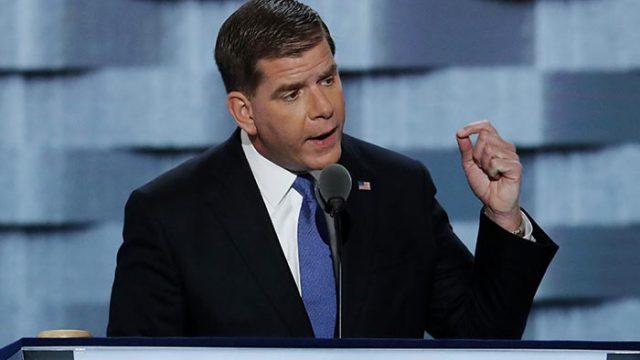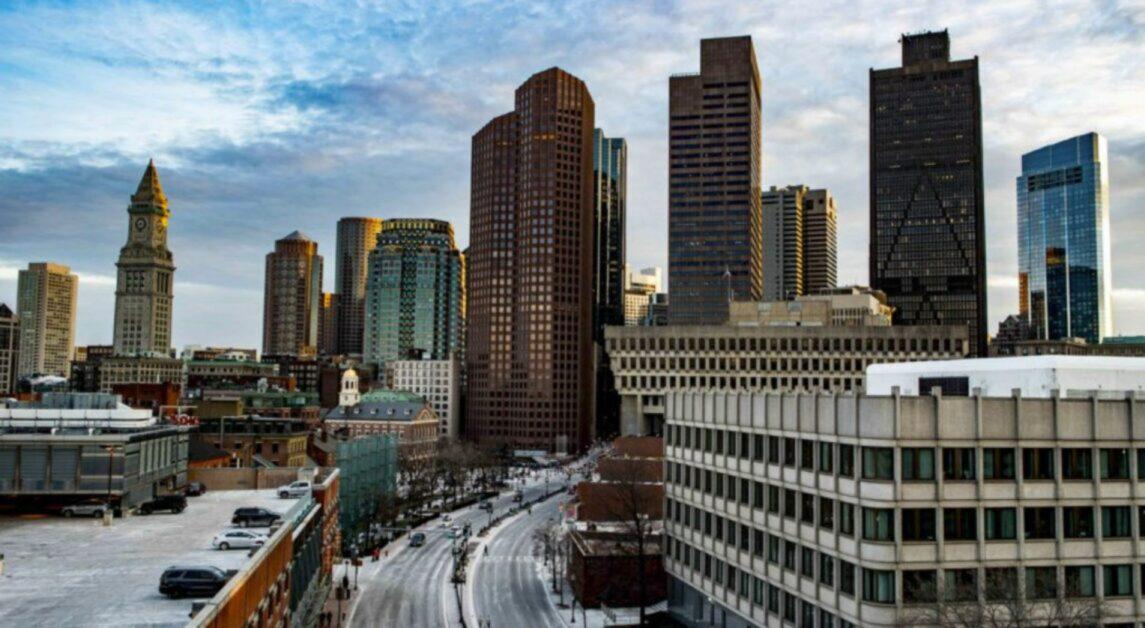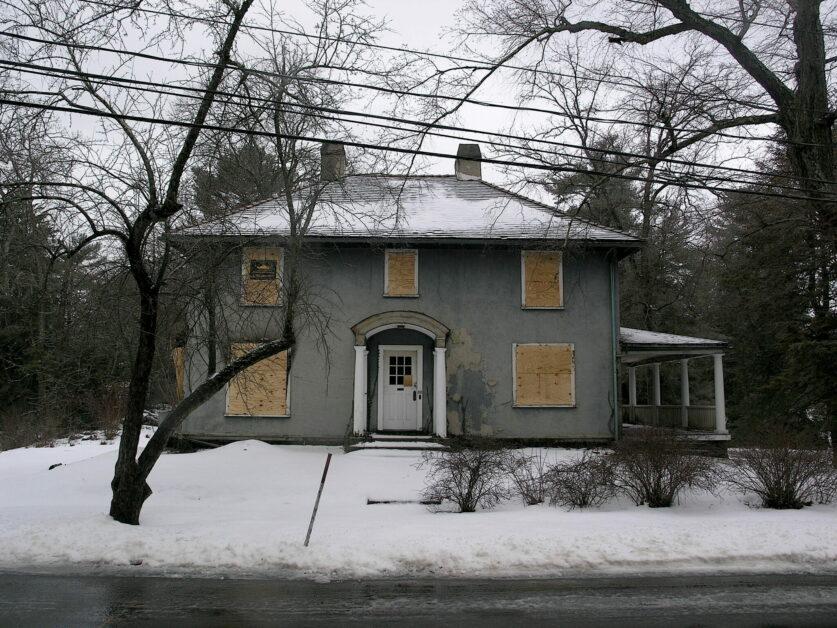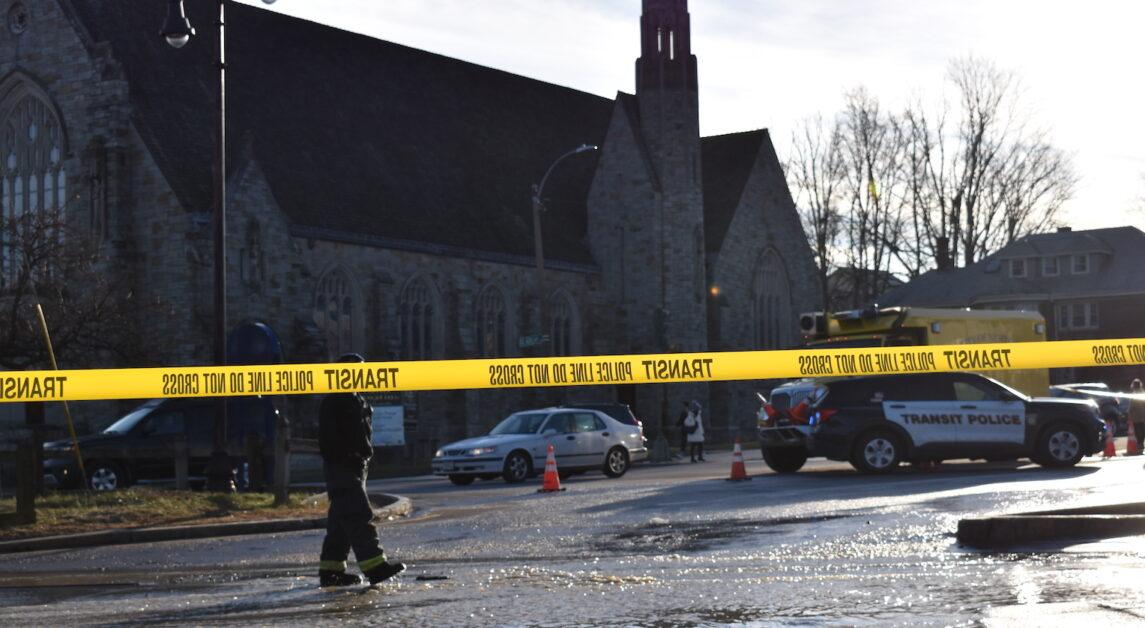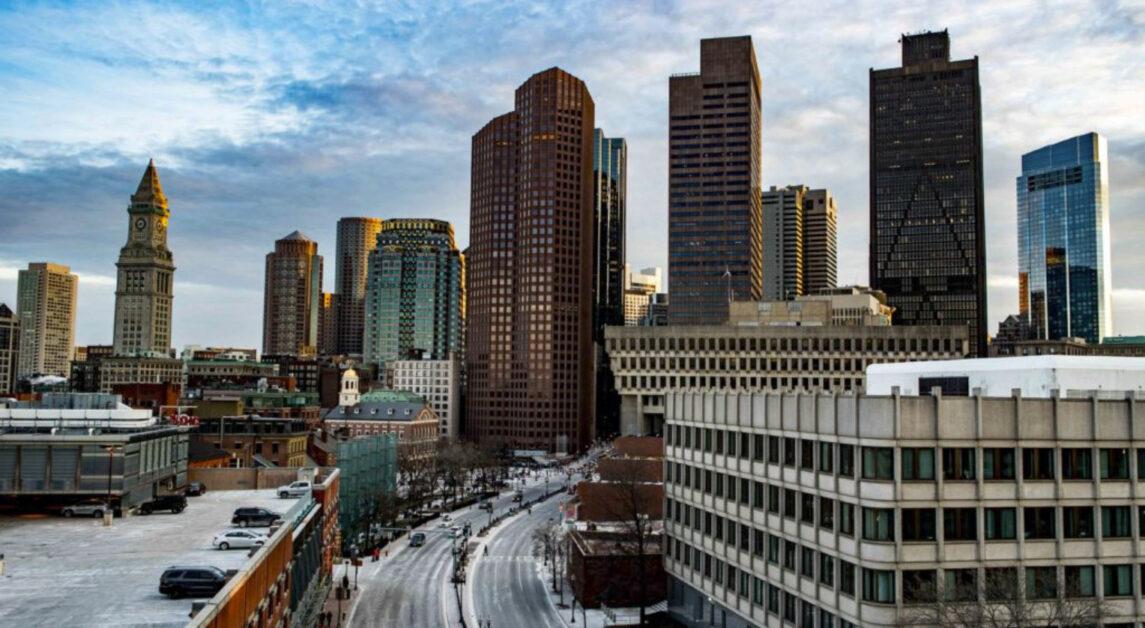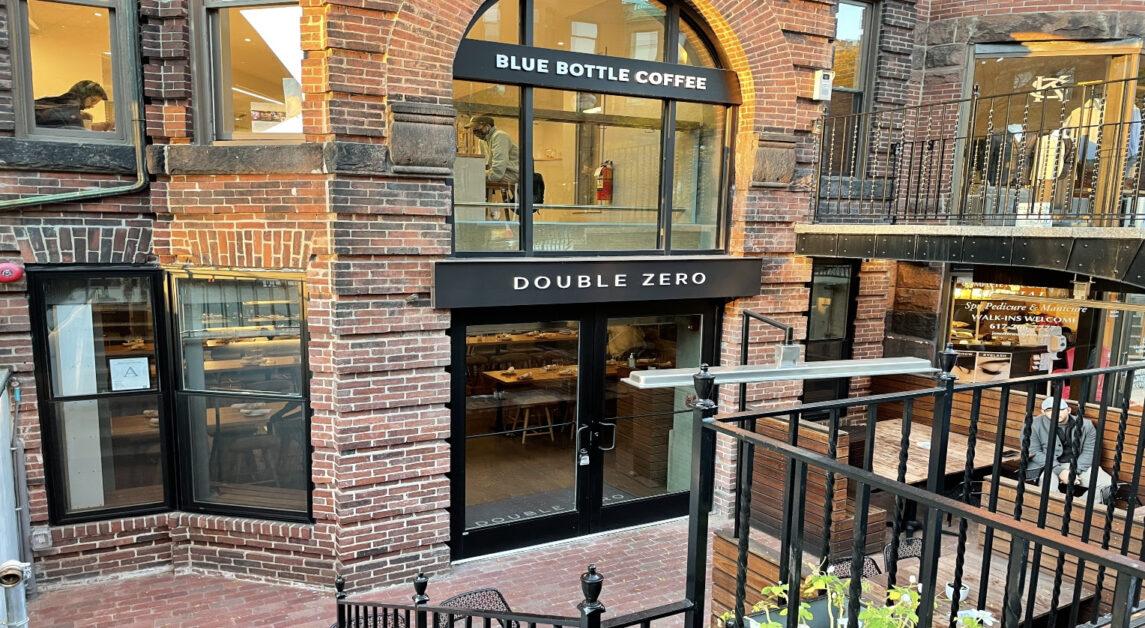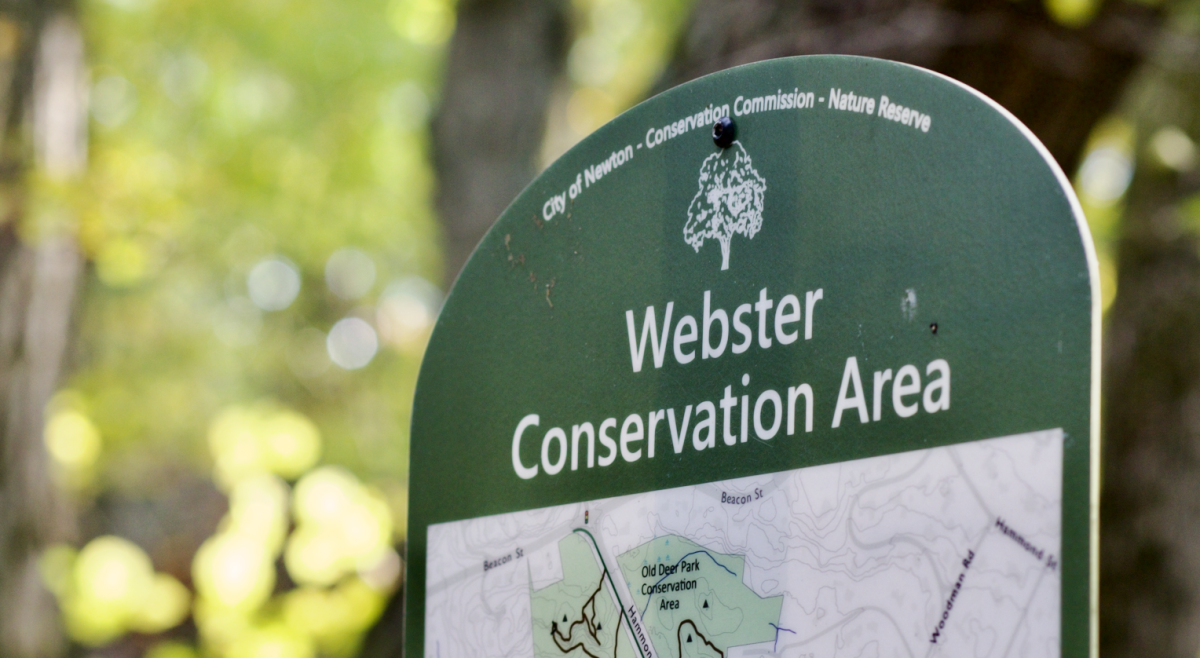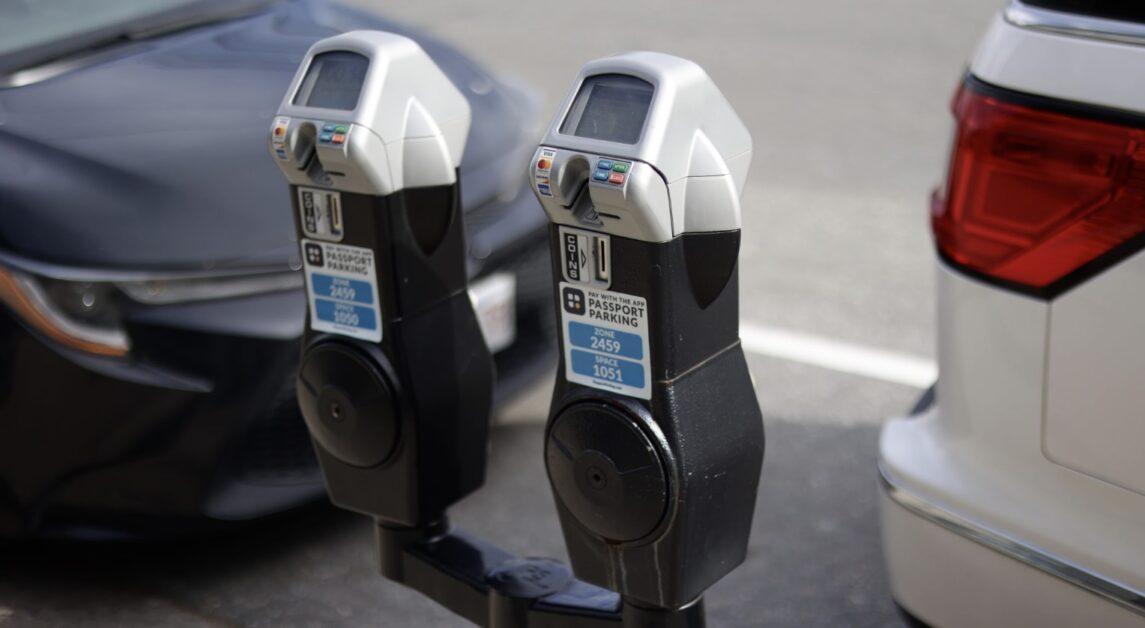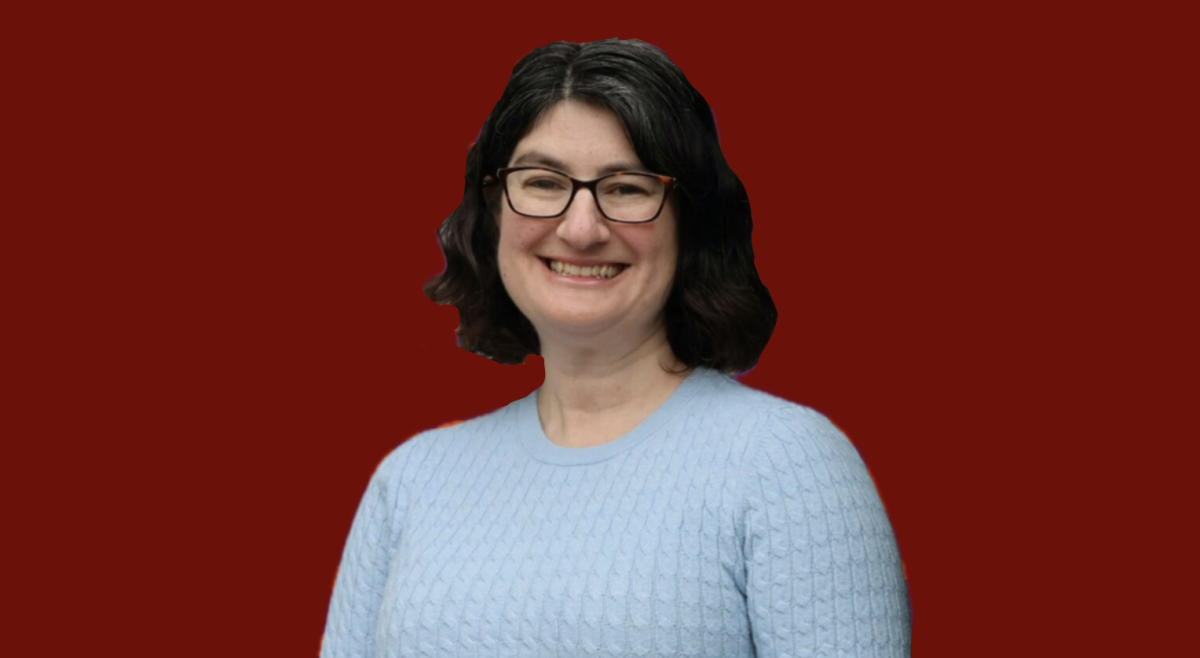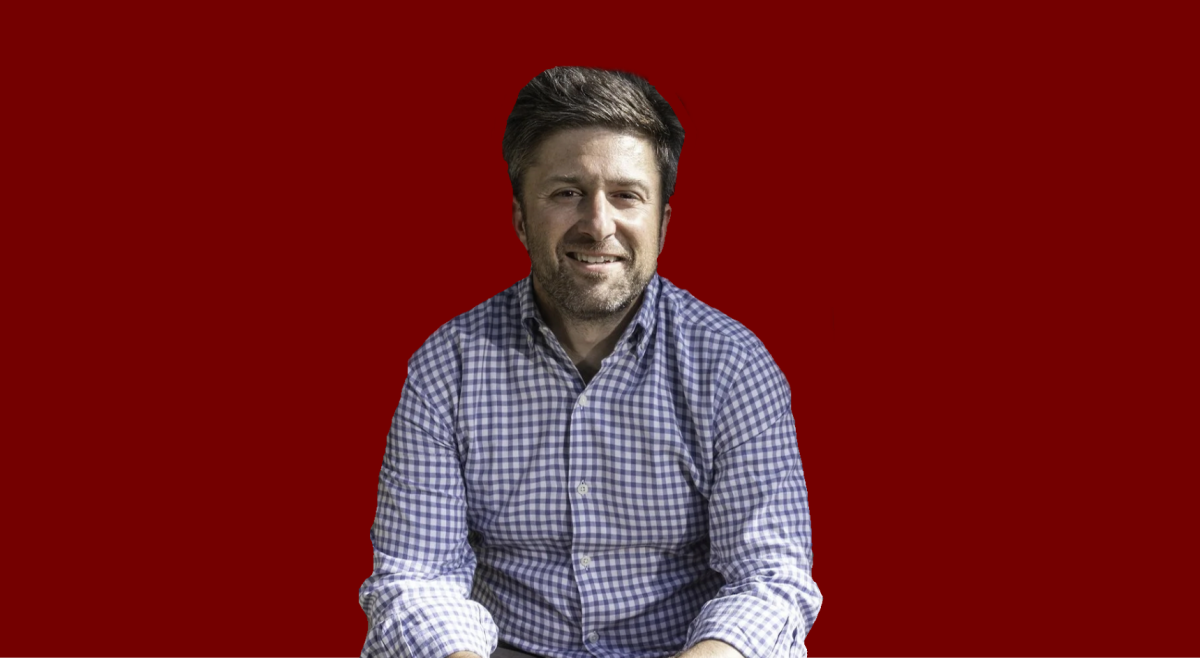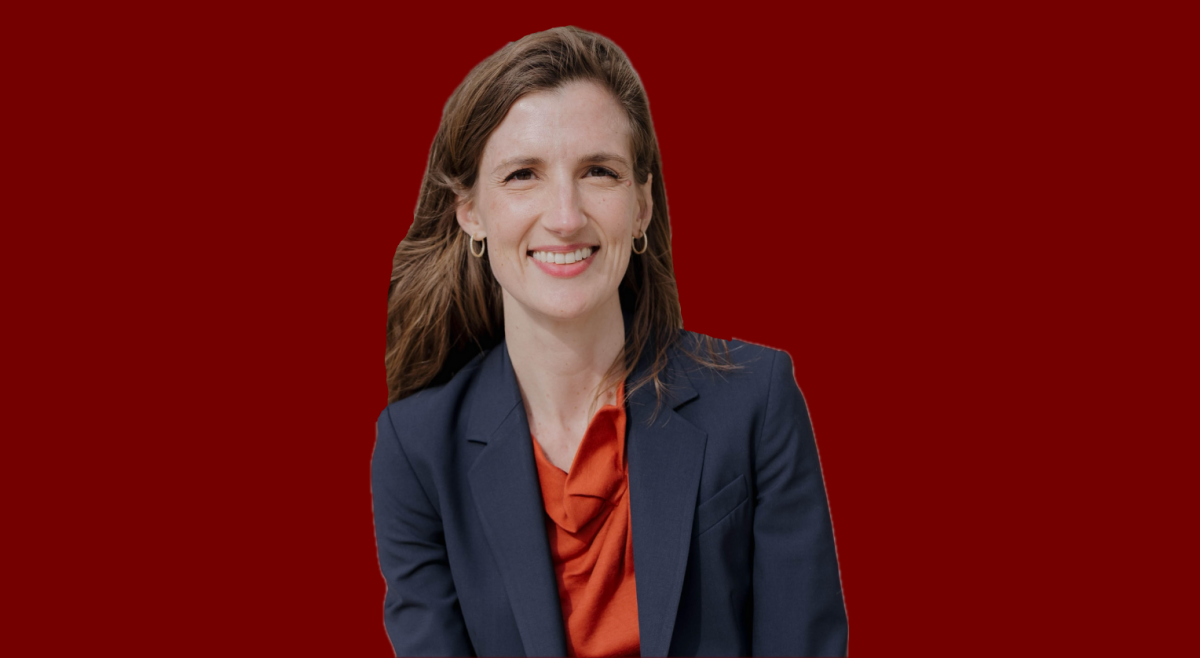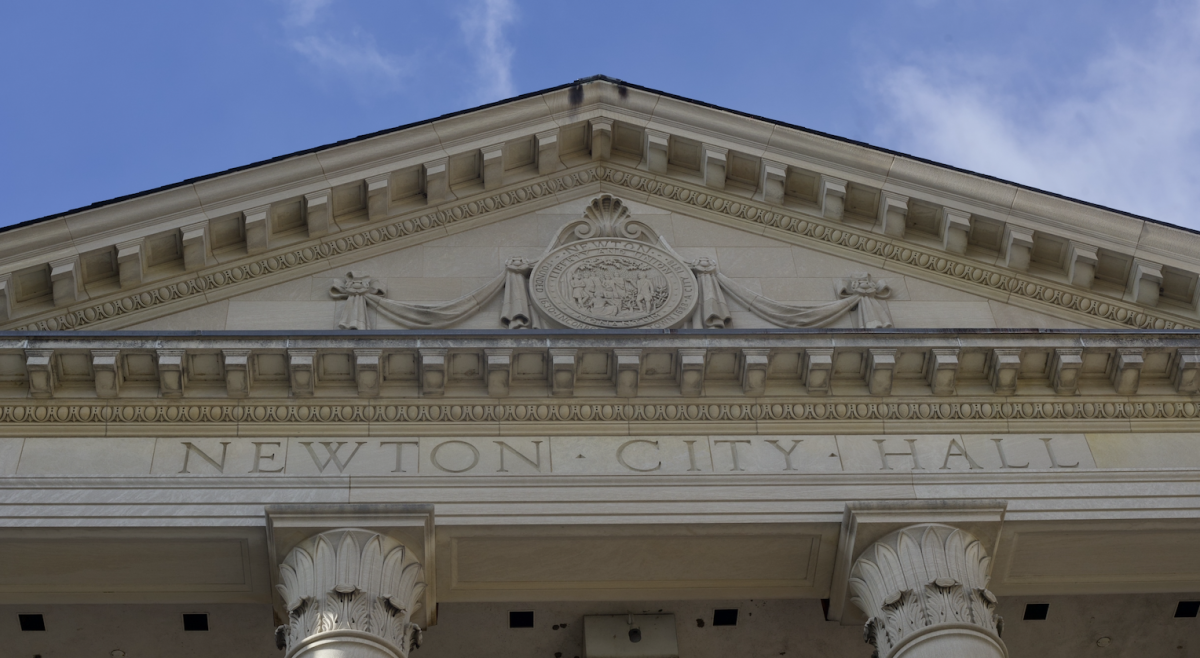Mayor Martin J. Walsh, WCAS ’09 delivered his third State of the City address Tuesday night, outlining his triumphs in office and introducing new proposals for the city. Walsh was greeted with a standing ovation as he took to the stage at Boston’s Symphony Hall to a packed crowd of supporters.
The speech marked the Mayor’s final State of the City address in his third term as mayor. This coming November, he will run for re-election against fellow Democrat Tito Jackson. In this year’s address, Walsh’s passionate remarks focused heavily on inclusiveness, reinforcing the notion that Boston is a city for everyone.
Walsh began the speech with an array of impressive statistics that highlighted his achievements as mayor over the last three years. He proudly declared to Bostonians that the city is currently stronger than it has been in previous decades.
Over the last three years, Walsh said his administration has added 60,000 new jobs to the city and decreased the unemployment rate to 2.4 percent—the lowest on record. Walsh went on to mention the vast improvements in public safety to a crowd of 2,500 people.
“We brought violent crime down by 9 percent, property crime down by 16 percent and, just as important, arrests are down 25 percent since 2014.” Walsh said.
Walsh trumpeted his success of combatting the housing shortage by building 19,000 new homes, resulting in 1,052 Bostonians moving from the streets into their own homes. As the crowd erupted in applause, Walsh then vowed to end all chronic homelessness by 2018.
Under Walsh’s leadership, Boston has enjoyed steady growth. The population is up almost 30,000 people to a 50-year high. Walsh boasted that Boston is ranked the best city for startups and a leader in venture capital success. He added that the city is now America’s shoe capital, manufacturing brands like New Balance, Converse, and Reebok.
Walsh made it a point to include Boston’s flourishing arts and culture scene. The city invested $90 million in neighborhood branch libraries all across Boston and for the first time, arts funding is being added to the capital budget.
Walsh then shifted gears, discussing his proposal to make Boston a more prosperous city.
The plan was a rundown of the improvements that need to be made with jobs, housing investments, infrastructure, education, and public safety.
“For the first time in half a century, Boston is a city with a plan,” said Walsh. “Imagine Boston 2030, a plan drafted by thousands of Bostonians, will shape growth to benefit all our residents for decades to come.”
Walsh continued his speech mentioning his efforts to confront transportation issues, proposing a scheme to upgrade infrastructure to alleviate traffic. Cutting edge traffic light technology hopes to ease the traffic on Boston’s busiest streets with $300 million already secured to refurbish roads across the city for commuters.
Walsh pleaded that the people of Boston deserve a better functioning public transit system. He claimed that the Massachusetts economy needs a better commuter rail service, explaining that the officials must develop a strong and fully funded plan so that the T can meet the demands of the modern world.
Walsh stated that Boston officials are making steady progress with the city’s public education, even though there remain problems to be addressed. He recognized the steep barriers many students still face, but was confident in his plans for the future saying, “Public schools are the foundation of equal opportunity.”
Walsh announced that in the coming week, he will file legislation in an effort to eliminate the opportunity gap in early education by offering free, high-quality pre-kindergarten education to every single 4-year-old in the city. The proposal will be funded by Boston’s tourism taxes. In addition, another $1 billion will be invested into the 10-year facilities plan which aims to revamp Boston’s school buildings, allowing every student to learn in high quality 21st century classrooms.
Walsh then turned his attention to public safety in the city. In a poignant moment of his speech, Walsh regretfully mentioned the 45 homicides in the city over the last year. Despite shootings being down 6 percent, he acknowledged that his work is far from over. Walsh’s goal for the future is to reduce homicides to zero percent. Through Operation Exit and Professional Pathways, Walsh also hopes to get troubled youth to leave the streets behind.
As Walsh began to wrap up, his attention moved towards the defiant spirit of Bostonians. With President-elect Donald Trump’s inauguration this Friday, Walsh addressed his concerns of uncertainty and a lack of trust with government. Walsh promised that regardless of what happens nationally he will fight for the city’s values.
“We are in this together, and we will fight everyday for each other, for Boston, and for all its people.”
Featured Image by AP/Scott Applewhite

